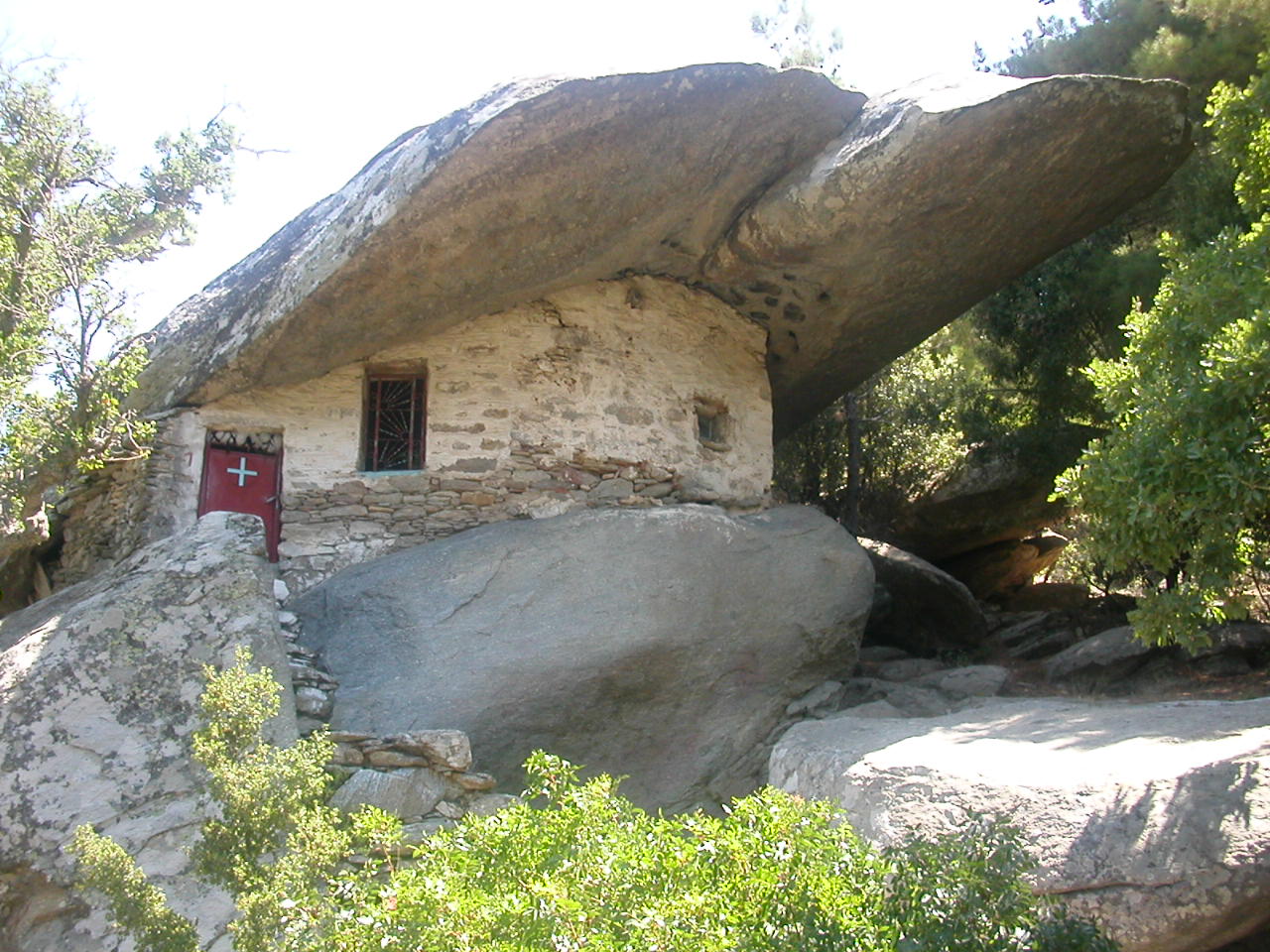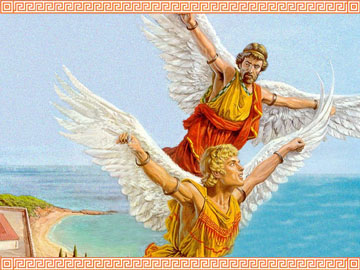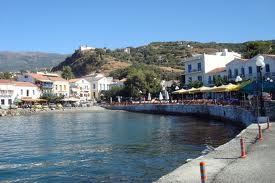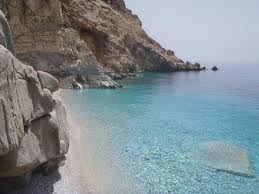Ikaria is one of the largest islands of the eastern Aegean Sea, with a coastline of 160 km.
Its population reaches 8500 inhabitants. Its physical geography consists of a variety of landscapes like steep rocky slopes and green meadows. Ikaria’s northern regions are exposed to winds blowing from Bosporus and heading south.
 The island is traversed by Aetheras range, whose highest summit is 1,050 m. Most of the villages are built on the mountains, because the islanders had to protect themselves from pirate attacks that occurred a few centuries ago.
The island is traversed by Aetheras range, whose highest summit is 1,050 m. Most of the villages are built on the mountains, because the islanders had to protect themselves from pirate attacks that occurred a few centuries ago.
“Pramnios inos”, as Homer wrote in the 8th century BC, is the name of a local deep red tasty wine. It is produced at Ikaria vineyards, where sea breezes, coming from the Archipelago, enrich its taste with a fine salty flavor.
Ikaria is noted for its unique flora and fauna, for example the lizards called “korkofilas”. We can also see wild goats, called “Raska”, a name derived from the Greek word “oreska-oresivia”, that means “those that live on the mountains”. They can be found almost everywhere on the island and they actually cause significant damage to agriculture. Local climate is mild with cool summer periods.
The name
The name Ikaria probably derives from the Phoenician root “kar”. Another version is that the island owes its name to the Carians, inhabitants of Caria, a western region of Asia Minor. Another name is “Dolychi”, but alternative names have also been used, during the Byzantine Empire era such as “Inoi”, “Ichthyoessa” (with a lot of fish), “Anemoessa” (exposed to strong winds) and “Makri”.
The myth of Daedalus and Icarus
According to Greek Mythology, the island and its surrounding waters (Icarian sea) owe their name to Icarus who fell from the sky and drowned there after his unsuccessful flying attempt.

Capital
Agios Kirykos is the capital and the main port. Another port is Evdilos.
Transportation
You may choose to travel either by ferryboat from the port of Piraeus or by airplane from “Eleftherios Venizelos” Athens International Airport. The flight lasts 50 minutes.

Inhabitants
Due to the relatively long distance from mainland Greece, islanders speak a kind of idiomatic language that resembles to the ancient Greek language and the Cypriot dialect and they tend to keep and revive a lot of local customs and traditions.
They are either farmers or fishermen and seamen. Usually even-tempered, they like jokes and rarely do they show real anxiety or stress.
Life goes on in a peculiar way, without haste or worries, this is known as “kariotiko rahati”.
At Agios Kirykos and the surrounding villages, commercial shops open after sunset.
The Ikarian people always help each other in many ways. This is part of their character, their long-standing way of living, part of their soul. This is a society in which we can still see a barter economic system, meaning an exchange of goods and services without the use of money, this is called “metaheria” or “allaxia” in Greek. After all, there was no currency in Ikaria until the 19th century.
If beach or street redevelopment or cleansing work is needed, all islanders participate as volunteers, without expecting payment of any kind.
Finally, we should mention that fairs consist a part of everyday life. For example, there are 15 fairs that take place every year at Evdilos Municipality, 23 at Raches Municipality, 14 at Agios Kirykos and so on.

